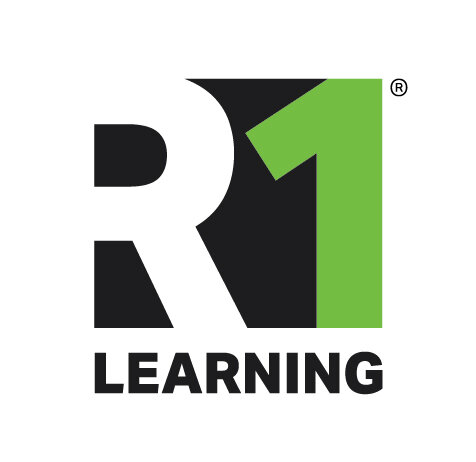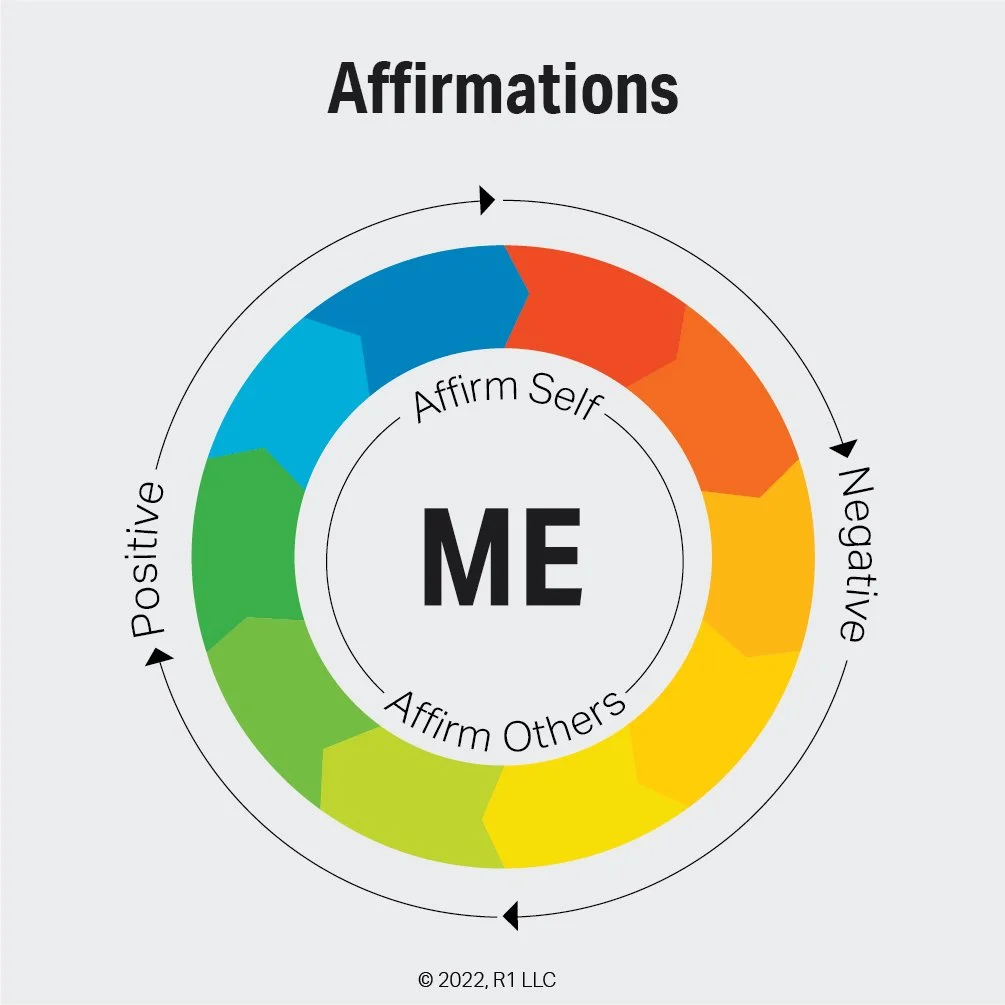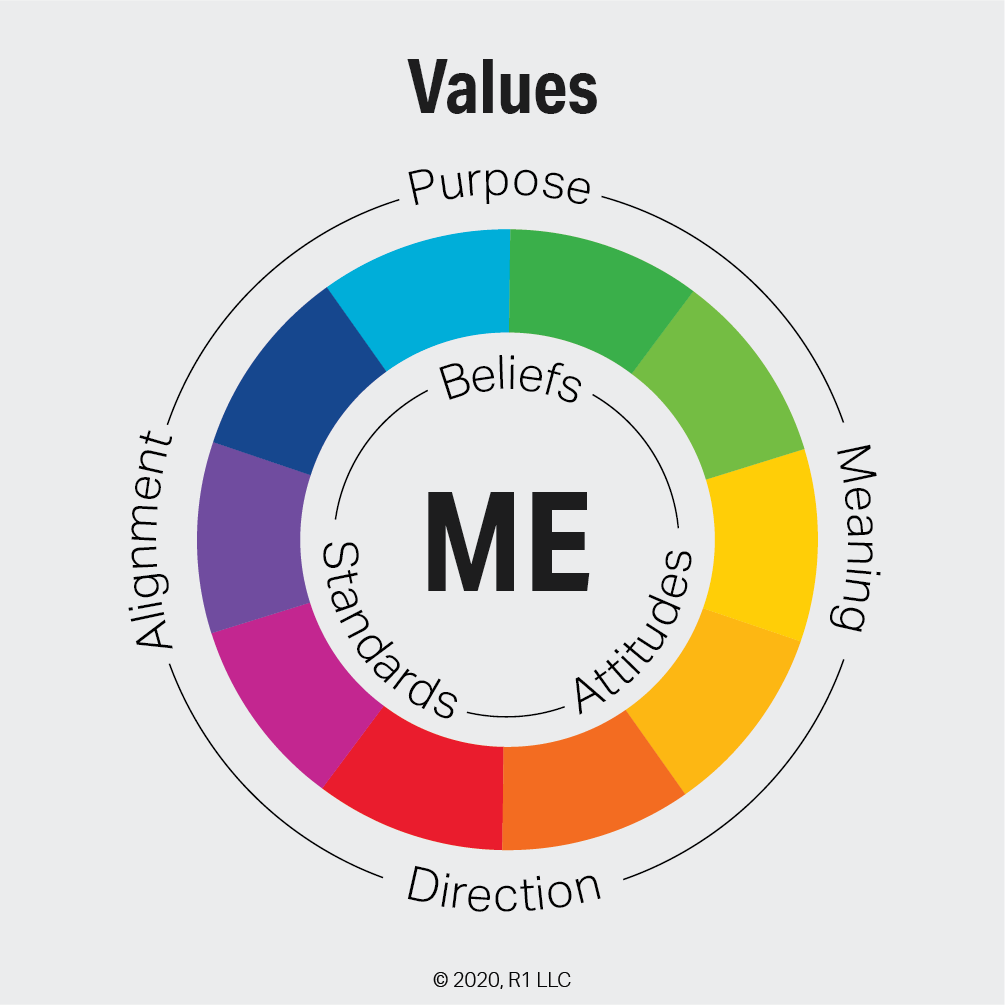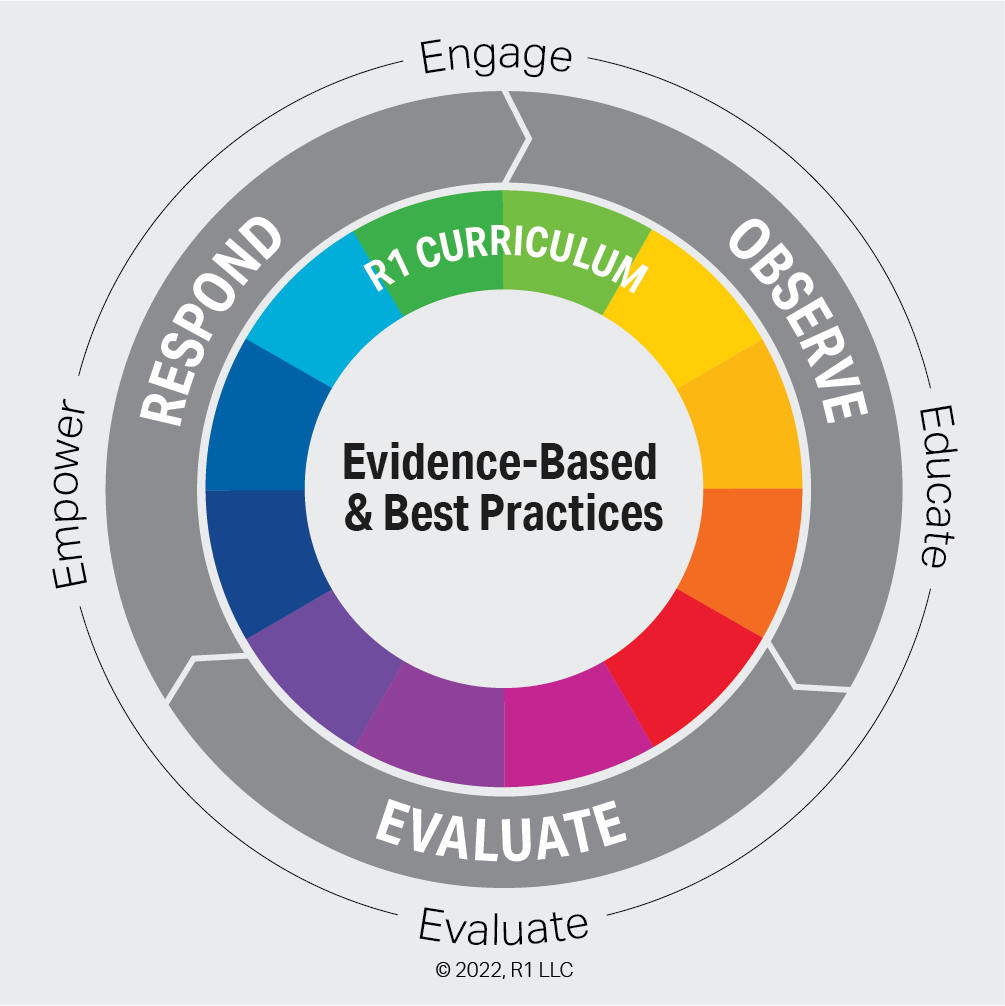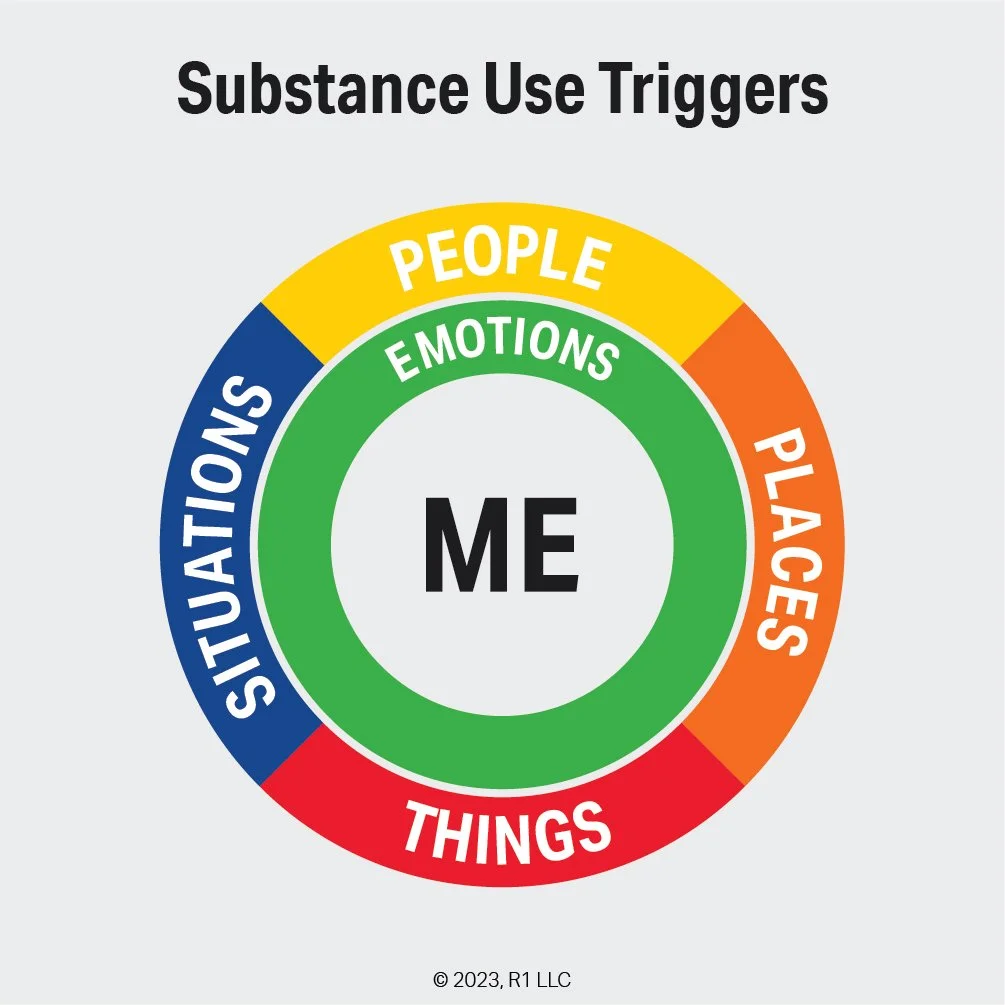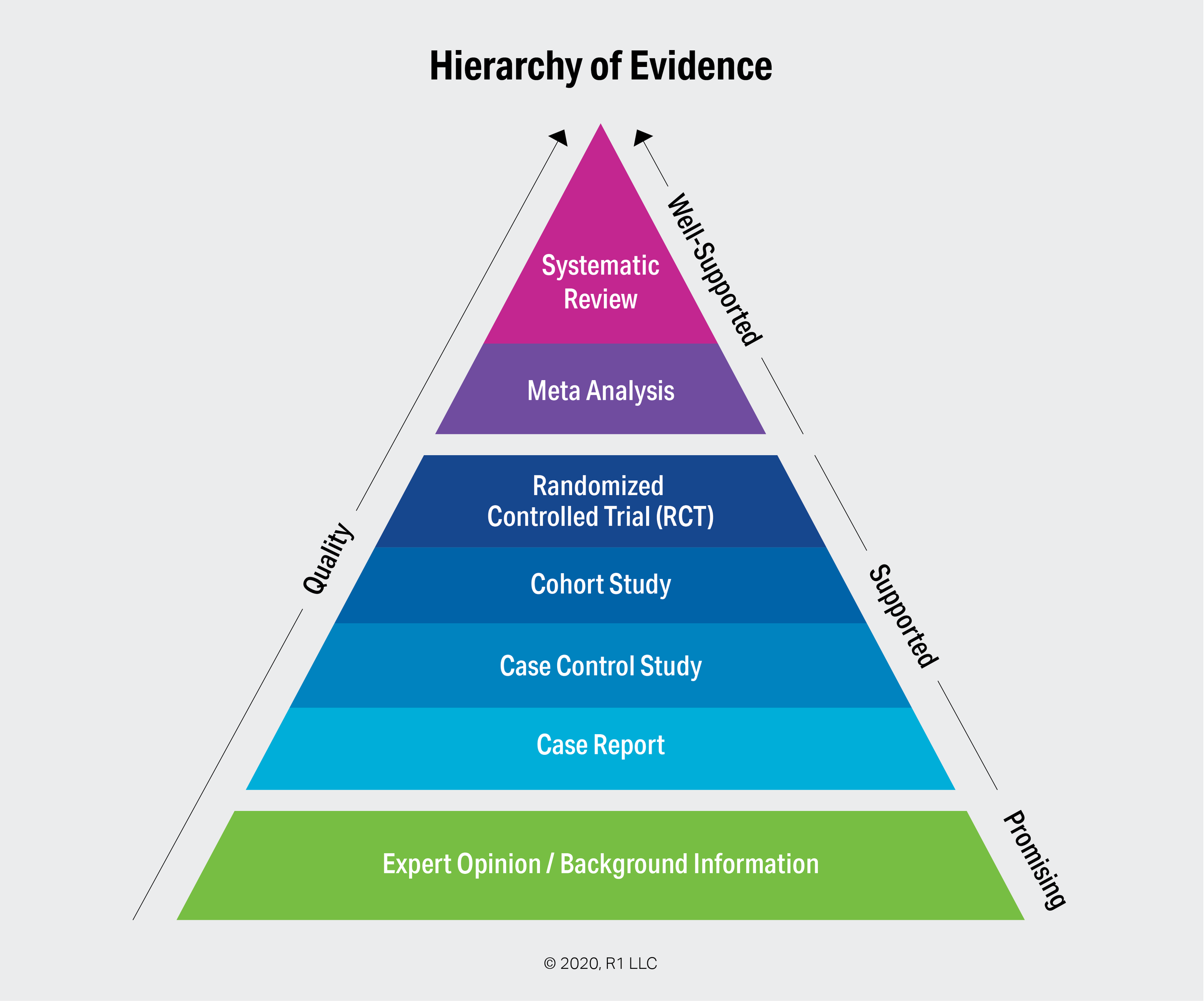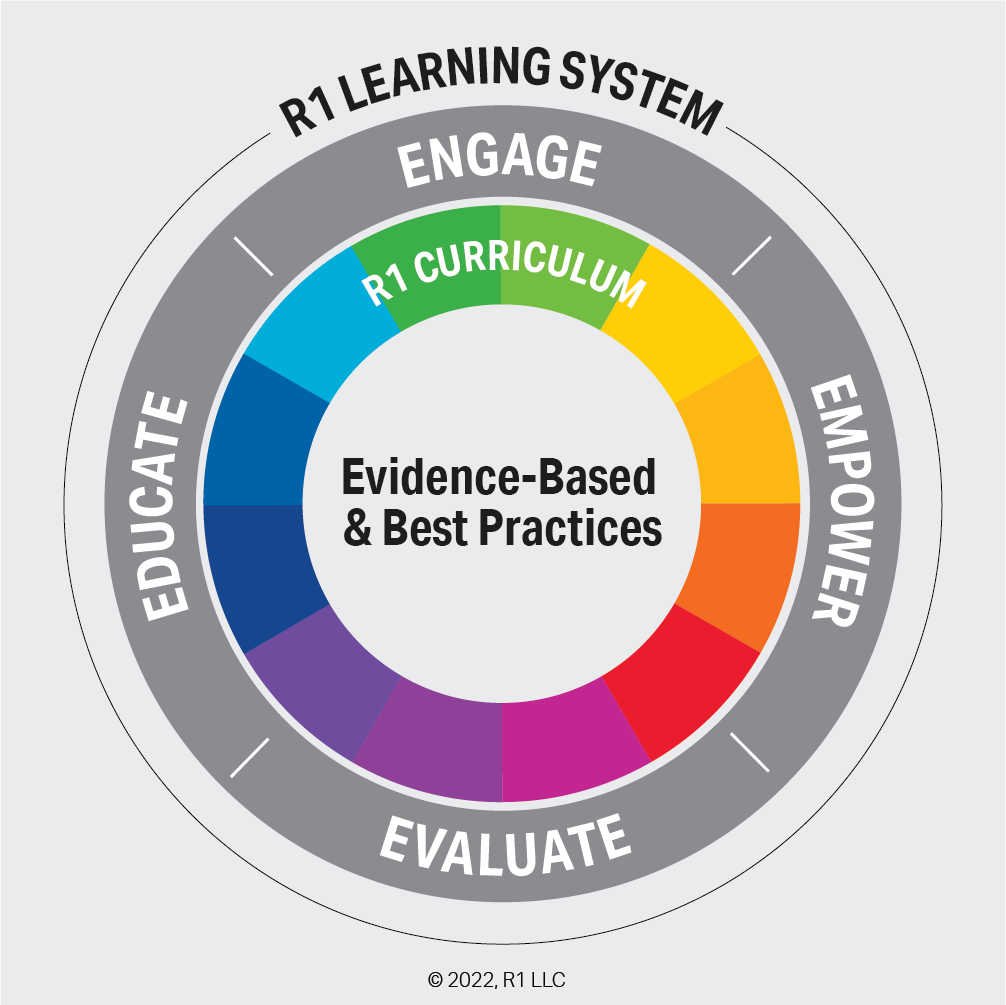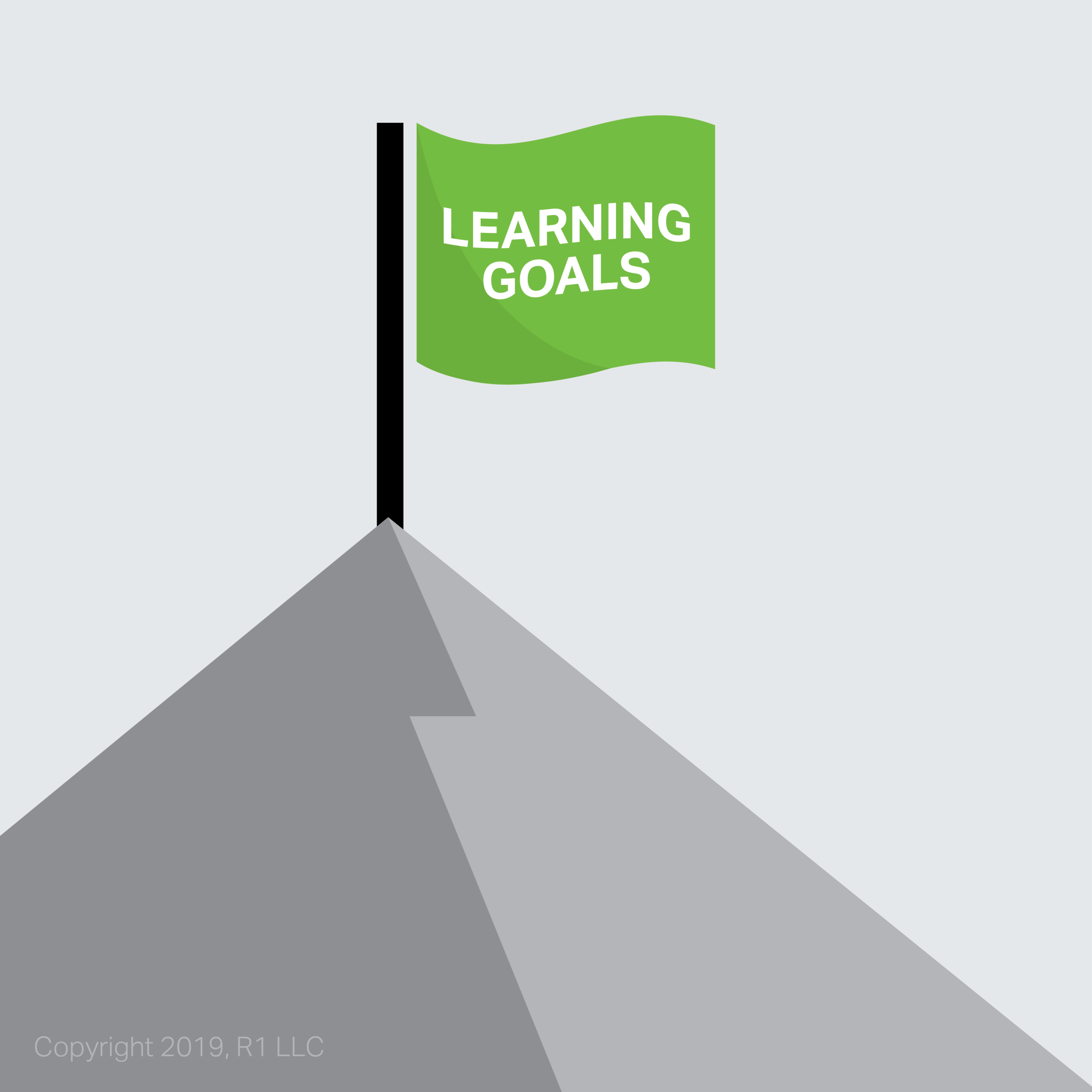Building new positive stories and beliefs takes time. They result from the regular, repeated, and consistent re-connection with core values, new healthy choices and behaviors, and a shift in the fundamental thinking that one can achieve through self affirmations.
Read MoreOne of the key ingredients for exploring career options and thriving at work is knowing what we love to do — our career interests. This is where passion comes from. When we are engaged in work that is aligned with our natural interests, we are healthier, happier, and contribute more fully.
Read MoreValues provide purpose, meaning, and direction in life. They are the fundamental beliefs, attitudes, and standards that guide and motivate behavior and choices of what is important in life. They are the standards or criteria by which one observes, evaluates, and responds to one’s social environment or settings at any level – the world as a whole, one’s country, city, township, community, workplace, school, family, or social group.
Read More“Engagement” has been at the heart of R1’s mission from the very start. Our focus has been on engaging individuals, practitioners, and organizations with the leading evidence-based strategies for substance use disorder and mental health and wellness. “Engagement” is a broad term that can mean many and varied things. From our perspective, we think of engagement on multiple levels.
Read MoreAt this time, there is no single authoritative body that defines which among the hundreds of ‘Evidence-Based” programs and practices are “best” or most well-supported by research evidence. Despite this fact, there are some practices which routinely appear on nearly all lists of evidence-based practices for substance use disorder. In the latest installment of R1’s Evidence-Based blog series we take a look at eight “consensus” evidence-based practices,
Read MoreThe TTM, and particularly the Stages of Change Model, is one of the leading models in behavioral health and has been applied to many different behavioral health issues beyond its original focus in smoking cessation. Because of the TTM’s focus on the behavioral change processes, it is well suited to the treatment of habitual and addictive behaviors.
Read MoreEveryone’s path through addiction and recovery is unique. However, there are more shared experiences than differences. Having a model to help individuals see how their own journey through addiction might unfold provides opportunities for insights and builds self-efficacy. Addiction is always accompanied by denial — denial that one has a problem, that the problem is serious, that one needs help to address the problem.
Read MoreTreatment programs, especially intensive outpatient programs (IOPs), are quickly redesigning their curriculum in order to facilitate virtual treatment groups. What are you doing given the new social distancing requirements?
Read MoreSubstance use triggers are challenging to avoid because they are usually an integral part of one’s life. Most of the time they are not completely avoidable since people do not generally have complete control over the environments they move into and out of on a daily basis.
Read MoreHow does one guide clients through the minefield of early recovery when the customary tools and resources are unavailable? Likewise, How do we keep staff engaged in routine training and continuing education from a distance? How do we adhere to our standard policies and procedures in this climate?
Read MoreThe term ‘evidence-based’ seems quite straightforward. However, there are a lot of proverbial devils in the details of qualifying, quantifying, and appraising the evidence. Looking at a typical ‘Hierarchy of Evidence’ provides a good overview of the types, strength, and quality of the evidence and opens the door to tackle some of the considerations in assessing evidence-based practices.
Read MoreAlthough people’s first exposure to the R1 Learning System were our Discovery Cards decks, it was clear from the beginning that we are much more than a card company.
Read MoreA quick Google search of “evidence-based practices” returns 300 million results. A more surgical search of “evidence-based practices for substance use disorders” still generates more than 50,000 results. Why is the term so broadly used and what exactly does it mean?
Read MoreEngagement is on the front line in behavioral health settings. But what does engagement really mean, and how does it show up? And what can you do to improve engagement — in your own patient encounters, and in your workplace more broadly?
Read MoreWords matter. The more words or labels individuals have to help them describe and express what they are thinking and feeling – to family, friends, and counselors, the sooner they can make healthy choices, take action, and move forward toward meaningful change.
Read MoreWe often hear things like, “I just need to build better boundaries” or “they are overstepping my boundaries.” What are we really talking about here? How can someone help me if I can’t clarify exactly what is making me feel disturbed, unhealthy, or unsafe?
Read MoreOur goal with this post is to give you a few ideas for flip chart use that you can take into your next session and implement immediately. Here are a few tips to help you get started…
Read MoreHow can we understand the impact of our treatment and recovery program if everyone on our team teaches different topics with different learning objectives using different methods? We just want you to take a moment to consider this question for yourself…
Read MoreDo you know the 7 learning metrics that matter for increasing outcomes? Why are they so important? How do you stack up? How can your curriculum and learning strategy become one of your most important competitive advantages?
Read MoreNow is the time to understand learning styles and how to design group activities to target them. Not only do outcomes improve when learning styles are considered, but lives change! Let’s talk learning styles – everybody has one (or more)!
Read More